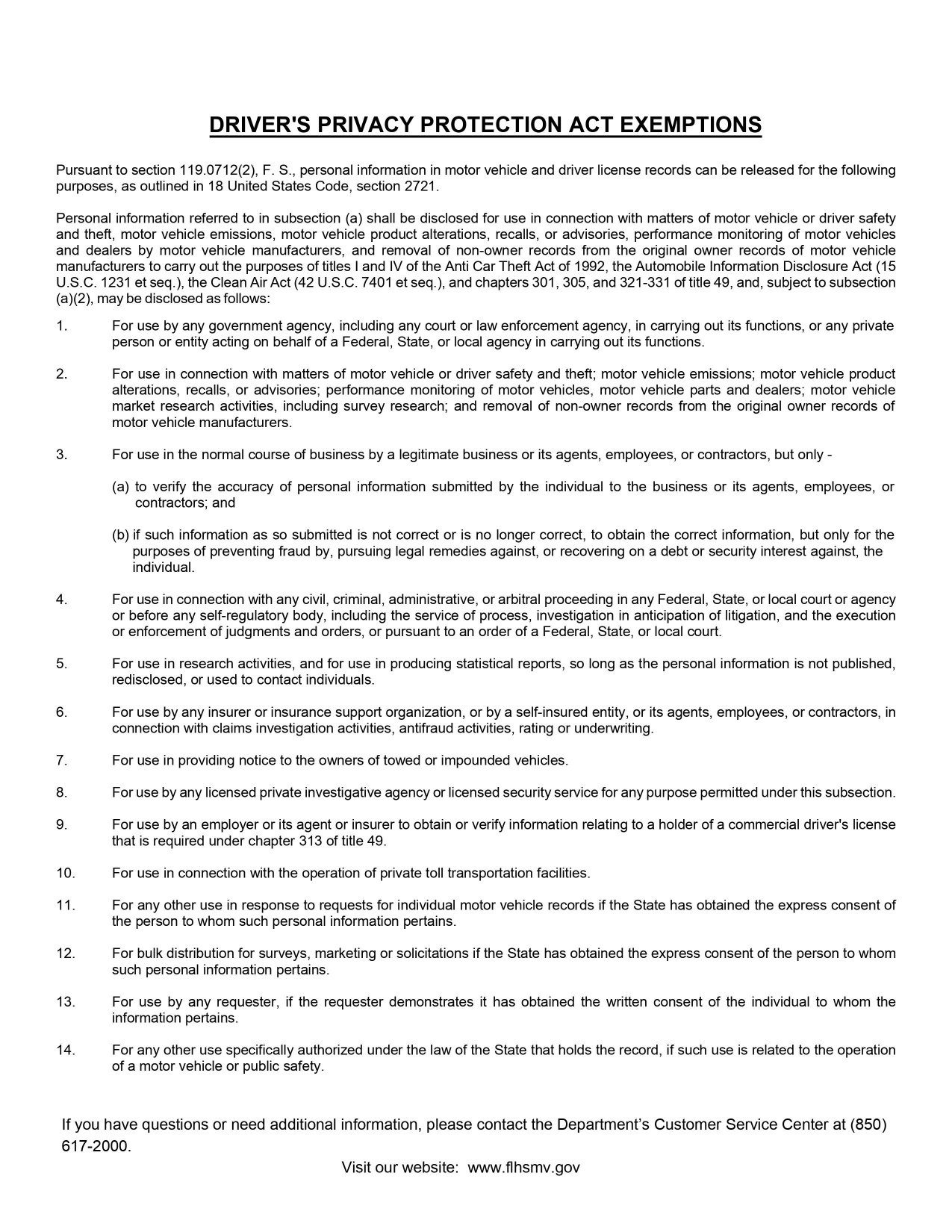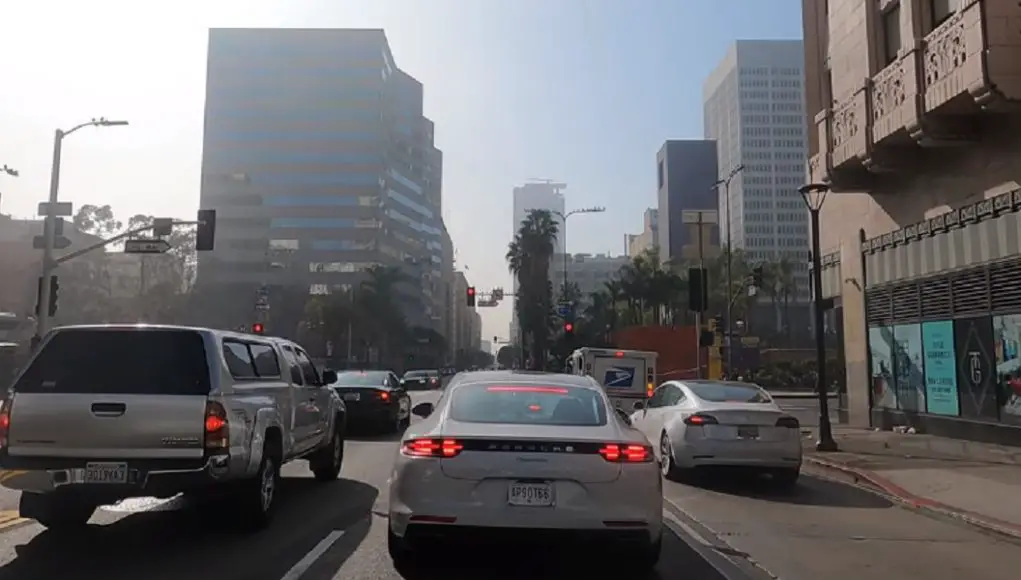License plate numbers are public records but you need a good reason to find information attached to them.
You’ve probably wondered out of curiosity if, for any reason, you could look up someone’s address using their license plate numbers alone.
Embed from Getty ImagesLicense plate numbers and the registration information attached to them are actually public record, meaning that anyone can theoretically look up the address attached to it.
But, it’s not as easy as calling or submitting a request to your local DMV on a whim.
While information like driving history and registration information attached to license plates are public records, because of the Driver’s Privacy Protection Act of 1994, a federal statue states abide by, anyone can obtain information attached to plate numbers only if…
- You have express consent of the person to whom the information applies to
- You meet requirements set forth by 18 U.S.C. § 2721 that allows disclosure of personal information only under certain circumstances. p
Basically, if you need the address or other information attached to a license plate, you fill out an online form (or submit a paper copy in person or by mail) titled something like “Driver License Records Request,” pay any fees, and wait for a DMV rep to approve your request.
What are those certain circumstances?
As you can probably guess, you can’t just look up someone’s address using their license plates just because you’re curious.
You have to have a legitimate, oftentimes official, reason.
Most states follow what certain circumstances are laid out by DPPA of 1994 and you’ll often find those reasons on the request form.
Circumstances include,
- For use by any government agency (court officials, law enforcement agency.) Basically police.
- For use in connection with matters of motor vehicle or driver safety and theft; motor vehicle emissions; motor vehicle product alterations, recalls, or advisories; performance monitoring of motor vehicles, motor vehicle parts and dealers; motor vehicle market research activities, including survey research; and removal of non-owner records from the original owner records of motor vehicle manufacturers.
- For business use to verify information in order to prevent fraud.
- For use in connection with any civil, criminal, administrative, or arbitral proceeding in any Federal, State, or local court or agency.
- For research activities as long as you don’t disclose personal information.
- For Insurance purposes by an insurer.
- For notifying owners of towed vehicles.
- For use by a private investigator.
- For use by an employer to obtain or verify information.
- For use by private toll transportation companies.
- For use by solicitors only if the plates owners gave expressed consent to the state.
Here’s what that list looks like on the records request form in Florida.

As you can see, there are a variety of official reasons someone might need an address attached to a license plate.
If you truly and honestly think your reason fits in with one of the certain circumstances above, the best you can do is submit your request form and wait for approval.
Other ways to find an address or other information attached to a license plate.
If your reason to find an address attached to a plate does not fit any reason above, you’ll have to think outside the box.
If it’s a personal plate, you’d be surprised how much information that plate owner shares by posting about it on social media. You may be able to find information attached to those plates by looking up that sequence of numbers and letters on the most popular social media platforms.
If it’s a plate of someone involved in an accident, like a hit-and-run, there’s a chance someone’s already reported it on a site like Find By Plate. Oftentimes, a member of the public will comment information they know pertaining to the plate number you’re looking up.
If you’re out of options, persistent, and hellbent on finding information, like an address, attached to a plate, if you know where that car is likely to be, there’s nothing illegal about following a car only if you’re not doing anything inherently illegal while following said car.
For example, if you’re following a car more than once (key phrase- “more than once” AKA a pattern) and your subject feels any kind of fear attached to your following them, that’s literally stalking.
Conclusion
Generally, mostly only police and law enforcement are going to have the ability to look up someone’s address within seconds with a license plate.
Everyone else with a legit circumstance will have to fill out the correct forms and wait.
If you have no good reason or have nefarious plans (stalking, vengeful ex, etc.) no, you can’t legally obtain someone’s address with a license plate number.



